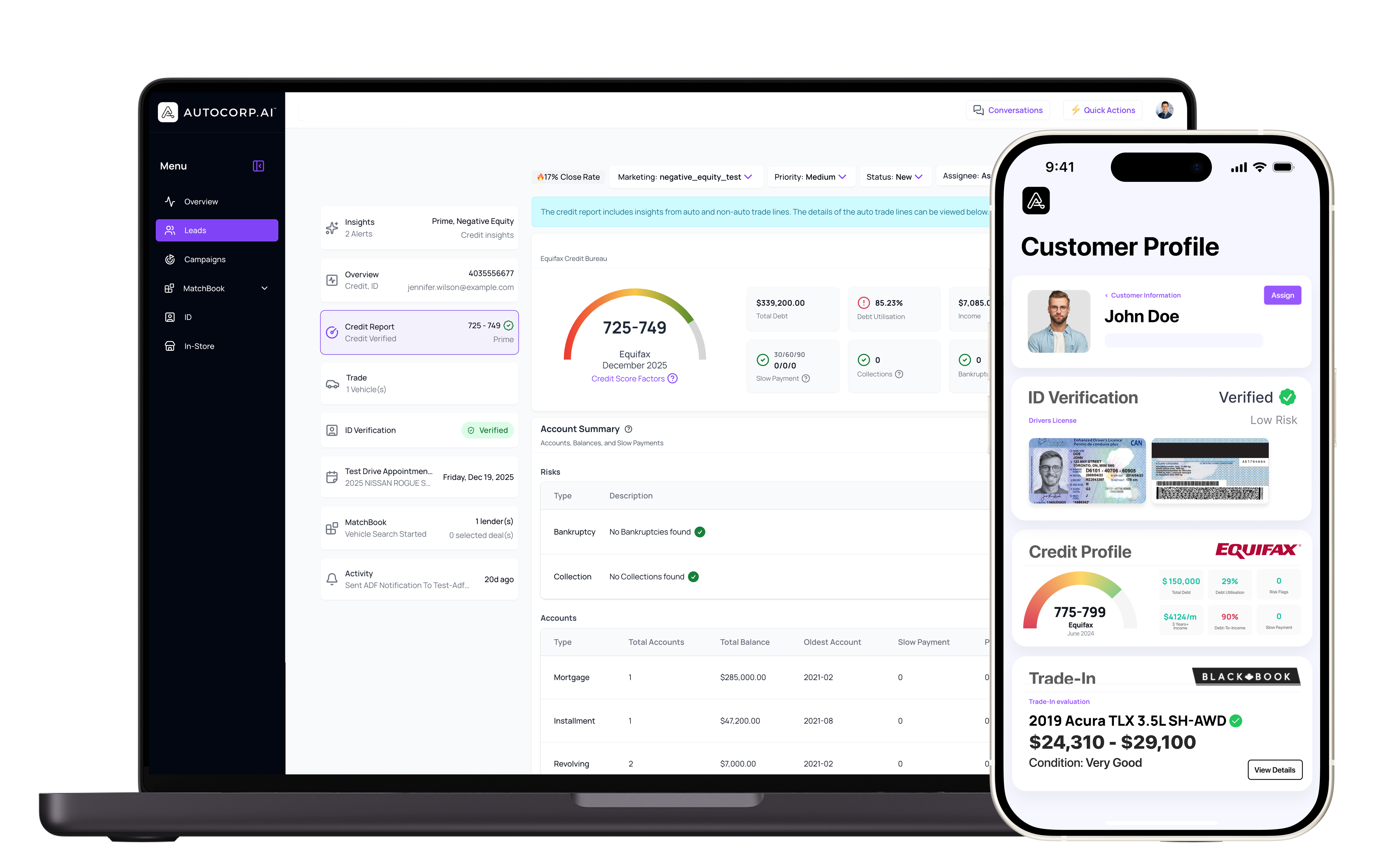
The automotive industry has witnessed rapid digital transformation over the past decade, with fintech solutions revolutionizing how dealerships and consumers handle vehicle financing. However, this digital shift comes with its own set of challenges, particularly in the realm of cybersecurity. A stark reminder of these risks was the recent cybersecurity attack on CDK Global, a leading provider of IT solutions for automotive dealerships.
This high-profile breach underscores the urgent need for robust cybersecurity measures in automotive fintech. Here, we break down what happened, the lessons dealerships and fintech providers can learn, and the steps the industry must take to safeguard sensitive data.
In early 2024, CDK Global fell victim to a ransomware attack that disrupted operations and exposed sensitive customer and dealership data. The attack targeted their IT infrastructure, locking systems and demanding a ransom for the decryption key. While the full extent of the breach is still under investigation, the incident highlights vulnerabilities in even the most established systems.
For dealerships relying on fintech platforms like CDK’s for managing financial transactions, customer data, and operations, the attack was a stark reminder of how critical cybersecurity is to their business continuity and reputation.
The CDK attack underscores the need for proactive cybersecurity measures. For fintech providers and dealerships, this means investing in advanced security protocols, regular system audits, and continuous monitoring.
Sensitive customer and financial data must be encrypted both in transit and at rest. This ensures that even if hackers gain access to the data, it remains unreadable without the appropriate decryption keys.
Outdated software is a common entry point for cyberattacks. Ensuring all systems, including third-party integrations, are regularly updated with the latest security patches is critical to closing vulnerabilities.
Every dealership and fintech provider should have a robust incident response plan in place. This includes identifying key stakeholders, establishing communication protocols, and conducting regular drills to ensure readiness in the event of an attack.
Human error is often the weakest link in cybersecurity. Regular training for employees on recognizing phishing attempts, using secure passwords, and following cybersecurity best practices can significantly reduce risks.
When partnering with fintech providers, ask about their cybersecurity measures. Ensure they adhere to industry standards and have robust protocols in place to protect your data.
Cyber insurance can help mitigate financial losses in the event of an attack. Many policies also provide access to expert resources for handling breaches.
MFA adds an extra layer of security by requiring users to verify their identity through multiple methods, making it harder for unauthorized individuals to access sensitive systems.
Regular data backups ensure that your operations can continue even if ransomware or another attack locks your systems. Ensure backups are stored securely and tested regularly.
The CDK Global attack was a wake-up call for the automotive fintech industry. As dealerships and fintech providers navigate an increasingly digital landscape, collaboration and vigilance are essential to staying ahead of cyber threats.
At Autocorp.ai, we are committed to delivering secure, reliable solutions that empower dealerships to thrive in the digital age. By prioritizing cybersecurity, we can ensure a safer, more resilient future for the automotive industry.
